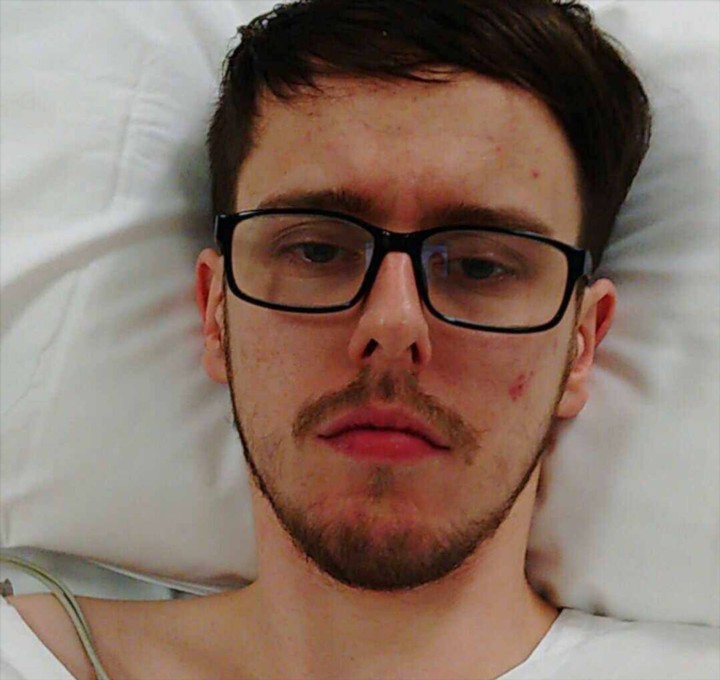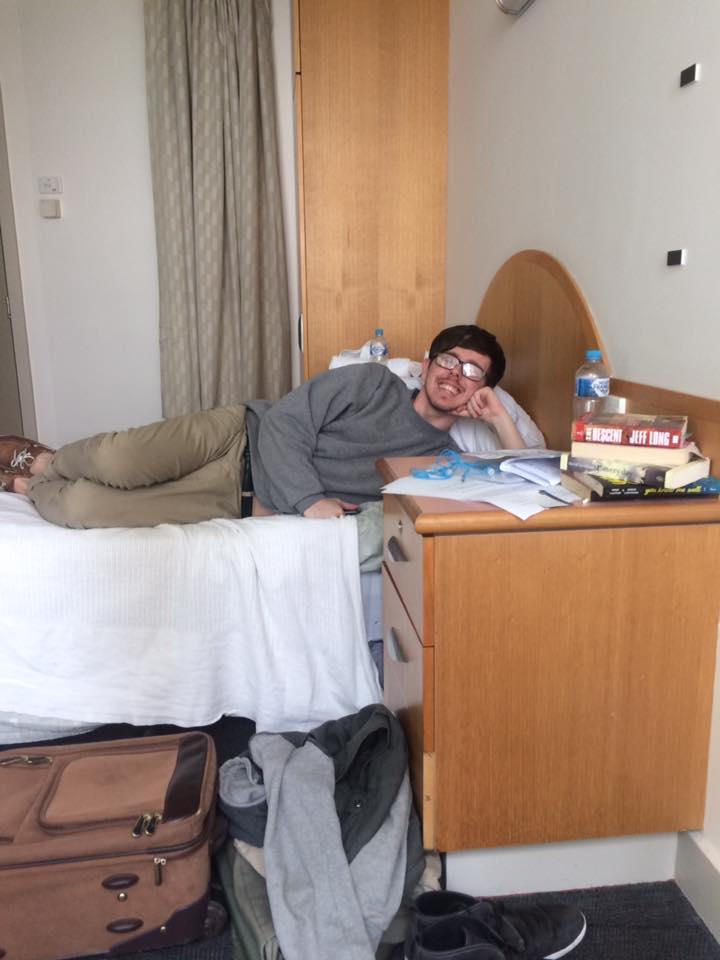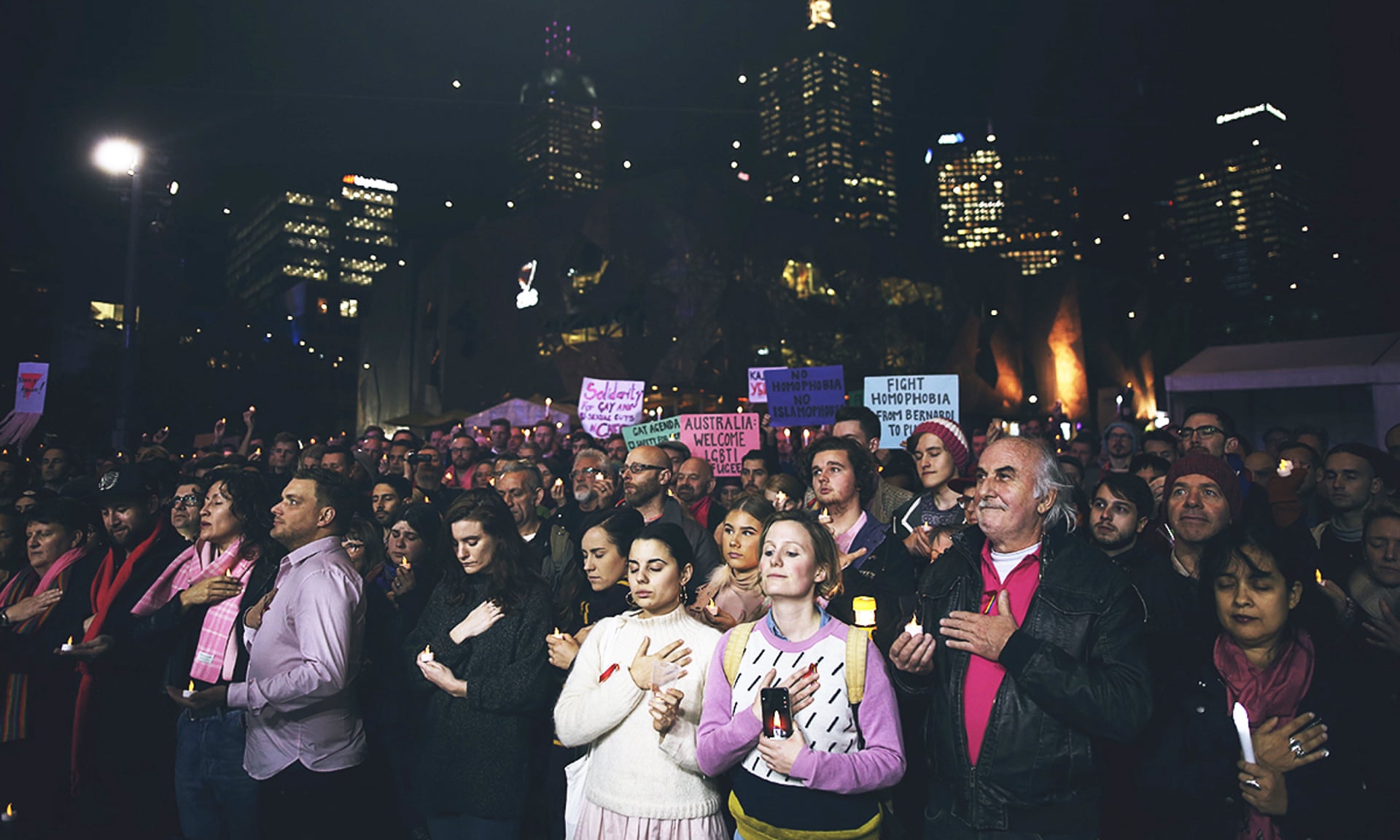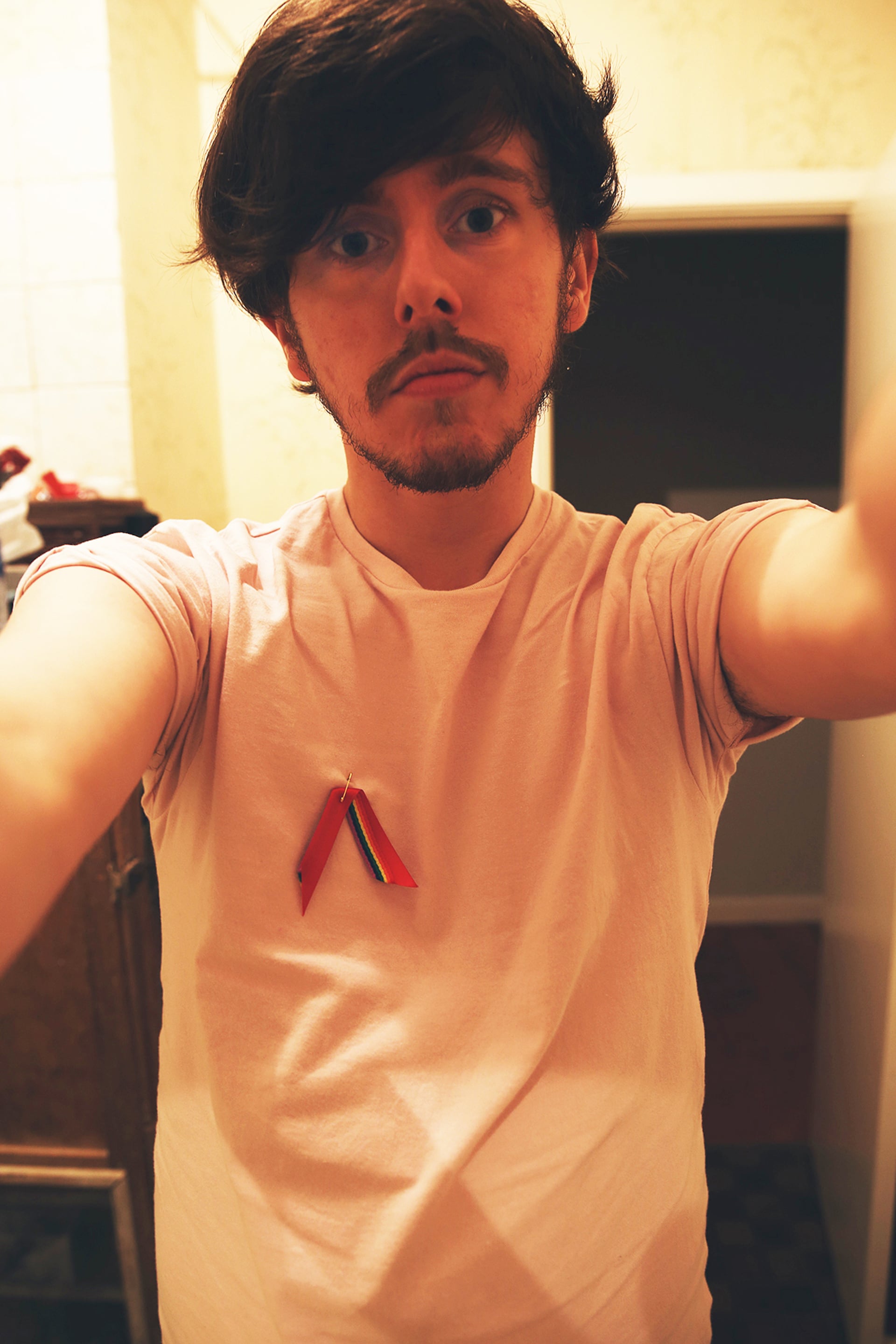--------
I’ve never resonated with how Australia depicts the addict.
To news media crews, I’m a disturbing outburst on a suburban street by a shark-toothed ex-con. More sensitively, I’m a parent clutching their children as authorities threaten to take them away – if only I’d clean up. I’m that word that hangs on the air like an echo whenever it’s uttered – ‘junkie’.
As a gay man, I can’t see myself in any of those images. I never met crystal meth through hard-knock times on the block with some sort of larrikin crew, nor through a friend-of-a-friend in a shady-looking rental home.
No. I met her as Tina – the party girl.
When you’re doing your Sunday morning shop, she’s in the apartment just overhead, being passed around by a group of gay men in various states of undress. She’s in every rainbow neighbourhood of every big city, everywhere. She’ll make your sex better and your fun wilder; make you want to fuck for days and days. And maybe, if you need it, she’ll make your shame go away.
The people Tina touches are like no ‘junkie’ I’ve ever seen or met. That’s because of how she snakes into their lives: through sex parties and the promise of fun, bringing relief from difficult decades of turmoil, gay bashings and the AIDS crisis. The people she touches are professionals and worldly figures; artists, teachers and industry leaders, who hide leather harnesses under dress shirts and get weird on the weekends – not ‘junkies’.
And yet those Australian-made images – those shark teeth, that blind rage, the screaming disenfranchised – penetrate my community even still.
The other night I was on Scruff – one of our gay ‘dating’ apps – talking to a man with a body so nice it would make even I – a sentient blob – want to go to the gym. The conversation turned to gay sex and drugs.
‘I don’t know why they do shit like ice. Fucking junkies’ he ranted of his own ‘Won’t ever touch the stuff. I’m a critical care nurse, so I’ve seen what it does to people.’
I didn’t have the heart to tell him one of the people I’ve spent the most time partying with – and had the most intense experiences with on ice – was also, a nurse.
A nurse with a playroom in the basement. Mirror on the ceiling, giant leather sling and cabinets filled with the necessary materials for safe drug use; needles, sterile water and alcohol swabs. He was one of the nicest people I’ve ever met, spending his life caring for others.
And he sure as hell was no junkie.
Having the same media-fostered cultural awareness, you’d be forgiven for thinking exactly like Mr. Goodbody. He’s been struck by the scandal of it all – the current affair post-six o’clock news – bitten by the shark teeth.
The depictions on our screens are so often sensationalist. They imbue addicts with violent caricature so outrageous that sometimes we forget we’re looking at real-life human beings. Even addicts like myself, when met with any one of these broadcast examples, can be heard whispering aloud, ‘I never want to be like that’.
It’s not uncommon for gay men on Tina to deny the notion that they’ll ever be an addict, let alone an addict ‘like that’. ‘It’s for pleasure’, taken ‘recreationally’, declared, even as liquored nights out lose their allure to after-parties spent twirling with Tina. They stand their ground and claim total control, as café brunches start to pale next to weekends spent indoors.
All the while raging against concern from loved ones, looking upon tired eyes in a bathroom mirror come Monday or Tuesday morning. They shut themselves inside a bathroom stall, reach into the bag, and think; ‘Just a little bit… Just to get my energy up.’
The patterns of addiction and substance misuse might not look the same for gay people as they do for straights. Where ice binges lead to violence, our ‘party-and-play’ leads to ‘tweaked-out twinks’. Where ice users are perceived as belligerent no-hopers, our own recreational, pleasurable use, comes defended by the community as part of how we’ve grappled with societal pain. To point out the risks in any meaningful way sees you accused of trying to ‘break the community'; of belittling coping mechanisms.
And yet for every battler who weathered homophobic violence, shame and stigma, who freed his pain with pills popped and through dancing the night away, there’s another out there, buried under Tina’s thumb. He’s trudging through desperate Sundays, between uniform apartment buildings seeking chemical frisson. He’s telling himself that he’s there for the sex, when really he’s eyeing off the drugs.
If you don’t look like a ‘junkie’ – if you aren’t shark-toothed and agitated like those terrors on the television – you might not recognise the patterns of your pain and if your media shows you nothing but ‘junkie’ violence in the dismal outer suburbs, your friends and family sneering at the screen, you might not want to identify them, either.
Which is why this problem goes so unheard of – community anguish well-hidden – and it’s why the medical response in this country is as thin as it is ignorant.
I spent a weekend in bed with a pretty boy, in the sparsely furnished walls of his apartment. We were talking about the drugs we were just about to do – our relationship with Tina.
‘I earn probably two thousand dollars a week’ he said. ‘And honestly? Most of it goes on Tina. God! I’m such a junkie.’
And then he laughed. He laughed and laughed and laughed.
But it wasn’t the laughter of the truly amused.
It was the pained cackle of someone trying to convince you of their distance from a devil that they refuse to face. It was a laugh that said, ‘I’ll never be like that.’
Yet despite its best efforts, it murmured: ‘I am. I truly fucking am.’
I loved him raw for those tens of hours, two fogged-up miscreants dancing with Tina. Then I left down his flights of stairs, taking off for the homestead, passers-by none the wiser. I might do so again next weekend.
And when I get home in the end, bleary-eyed and days sleepless, I will turn on my television. I will see those shark-toothed howlers – and sigh. Because my own are shaped a bit differently, my edges sharp in different ways.
Yet they still bite and my screams still hurt my throat.









